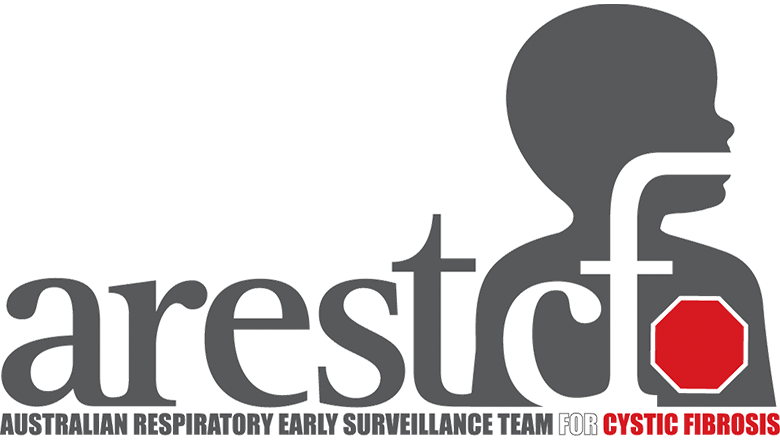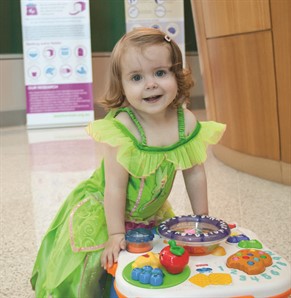Search

News & Events
Execution of Licence Agreement with The Kids Research Institute Australia and Erasmus University Medical CentreResonance Health Ltd is pleased to announce that it has entered into a licence agreement with The Kids Research Institute Australia and the Erasmus University Medical Centre.

News & Events
$3.4mill to improve treatment management of cystic fibrosisThe Kids researchers have been awarded over $3.4 million for a new trial to pioneer improved ways for managing cystic fibrosis (‘CF’).

News & Events
NHMRC funding awarded to support child health researchThe Kids Research Institute Australia researchers have been awarded more than $10 million in research funding from the National Health and Medical Research Council (NHMRC).

News & Events
Cystic fibrosis research a Eureka Prize finalistA world-leading cystic fibrosis research program, based at The Kids Research Institute Australia, is a finalist in the 2015 Australian Museum Eureka Prizes.
News & Events
Healthy lungs, healthy lifeThe lungs are one of the last organs in the body to develop as a baby grows. They're also one of the most important.

News & Events
New study recommends changes to cystic fibrosis monitoring in young childrenA new Australian study that looked at the long term impacts of early lung infections in young kids with cystic fibrosis has recommended changes to monitoring
News & Events
Telethon Institute awarded two national Centres of Research ExcellenceTelethon Institute awarded two national Centres of Research Excellence
Research
MetaNeb Versus Usual Care During Exacerbations of Cystic Fibrosis: An RCTDuring exacerbations, when symptom and treatment burden are increased, individuals with cystic fibrosis (CF) are likely to prefer airway clearance techniques (ACTs) that require minimal effort. Therefore, in adults with CF who were hospitalised with an exacerbation, we sought to compare the effect of the MetaNeb with usual ACTs on respiratory function and expectorated sputum.
Research
BEAT-CF (Bayesian Evidence Adaptive Treatment for people with Cystic Fibrosis): description of a prospective cohort for nested studies in cystic fibrosisDespite recent improvements in treatment modalities for cystic fibrosis (CF), there is currently limited evidence and a lack of consensus regarding optimal treatment strategies for the different aspects of CF, including pulmonary exacerbations (PEx). We aimed to establish a prospective cohort of people with CF (pwCF) to evaluate alternative approaches to managing CF in the era of modulator therapies.
Research
SYNERGY CF: Getting the best start to life - preventing early cystic fibrosis lung disease by solving the host-inflammation infection conundrumCystic fibrosis related progressive lung disease characterised by inflammation and infection commences soon after birth.
